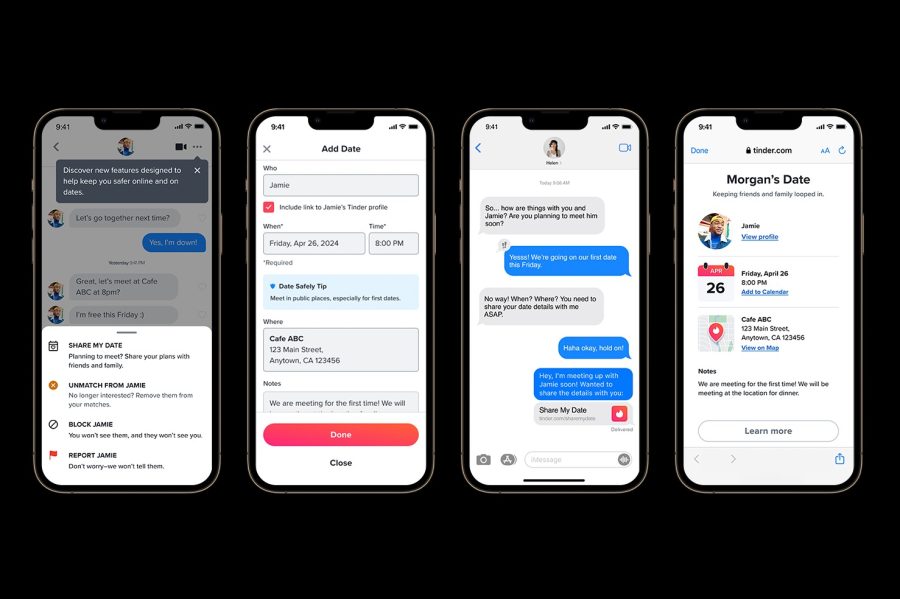One of the great promises of the Internet is its ability to connect users with information and resources that they couldn’t get “at home” – whether that’s literally in their home or whether it’s in their geographic location. But a new report from the Pew Internet and American Life Project finds that those resources may not be accessible by many Americans living with disabilities.

The Pew report finds that 54% of adults living with a disability use the Internet. That’s compared with 81% of adults who report none of the disabilities listed in its recent survey.
Another recent Pew study found that the Internet was a site for fostering group connections and civic engagement. This latest report finds that 2% of Americans report a disability that prevents them from accessing the Internet, and as O’Reilly Radar’s Gov 2.0 correspondent Alex Howard notes, this means they are “unable to make use of one of the greatest platforms for collective action in history.”
According to Pew, 27% of American adults live with a disability that interferes with activities of daily living – climbing stairs, hearing, trouble dressing, and so on. These individuals are more likely to live in lower income homes and have lower education levels.
Only 41% of adults with disabilities have broadband Internet at home, as compared with 69% of those without a disability.
“This is a correlation that we observed, not causation,” Susannah Fox, associate director at the Pew Internet and American Life Project tells Howard. “We don’t know that it’s the disability that’s causing that difference, but we do know that it’s not just lower levels of education or income, or age, all of which tend to depress Internet access rates. It’s something else.”
As Howard argues, the Pew study should be seen in the context of continuing revisions to the Americans with Disabilities Act, as well as other efforts, including recent legislation that aims to improve access to the Internet for those with disabilities.
As Fox contends, “The reality is that so much of what’s happening today in the world is online. There’s a real difference between a someone in their 70s who doesn’t want to add the Internet to their life and someone in their 20s who can’t go online because of a disability.”










